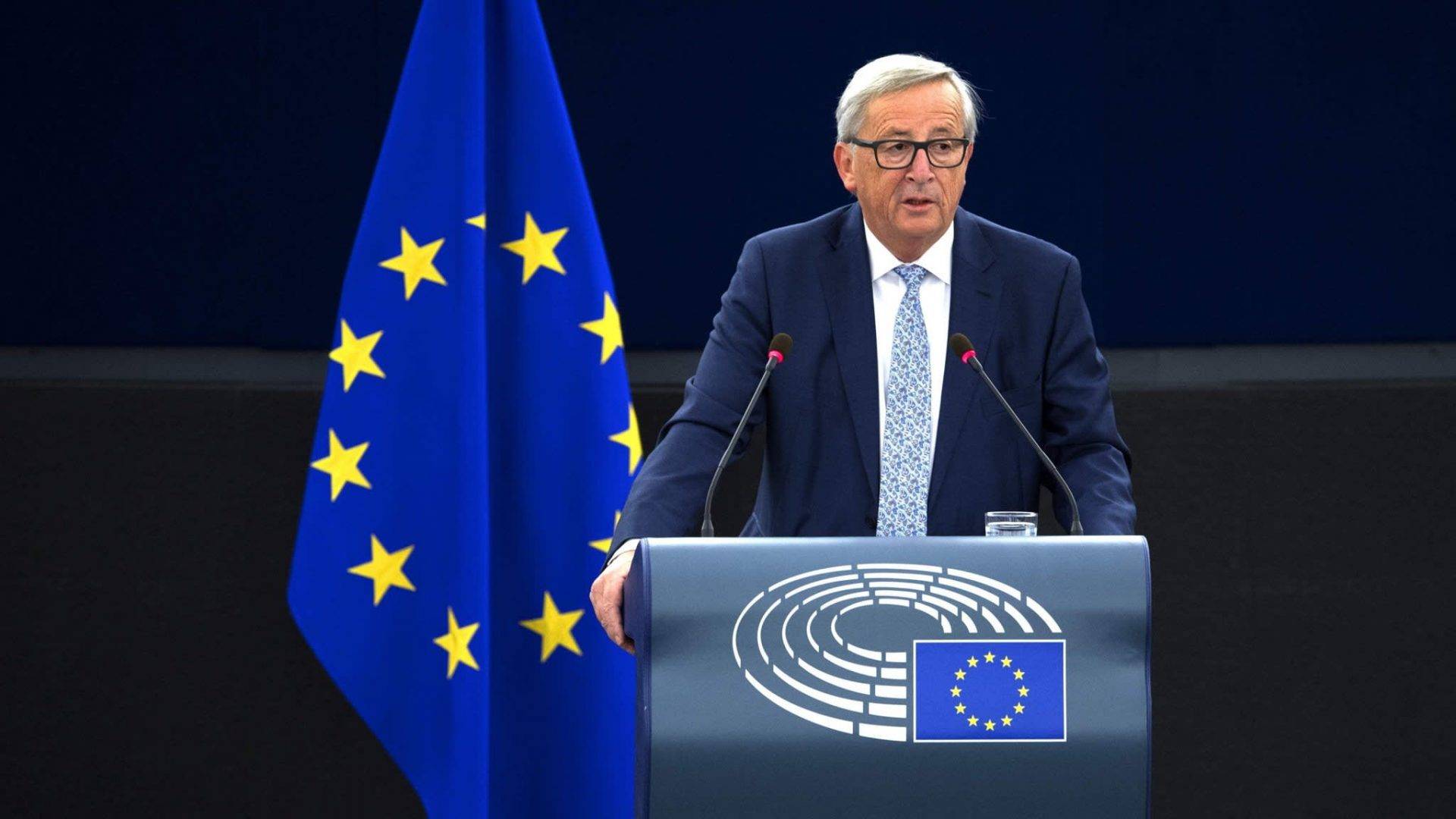EU’s USD 44.8 Bn Gesture To Africa Is Closing Two Gaps With One Bush

Prior to a positive turnout of events, the European Union’s Africa policy has been a graveyard of ambitious narratives. Europeans have literally stood idly by while China established itself in Africa with billions upon billions of investments.
In the possibility that it will be relegated to the second league, the EU has reawakened commitments in the continent.
Nevertheless, the EU is still Africa’s biggest trading partner. Ahead of China and the United States, the union accounts for 36 percent of all exports. But the commission has been blaring to intensify the cooperation on the premise of new contractual basis.
While there are already partnership agreements with 52 African countries, the EU recently promised funds that would fulfill two purposes.
Europe Chronicler reported on July 10 that the European Union wants to extend its support to the African Continental Free Trade Agreement (AfCFTA).
The commission pledged USD 44.8 Bn, an announcement that was made in an opening address to a two-day Horn of Africa AfCFTA forum focusing on the pharmaceutical industry.
According to Ranieri Sabatucci, the EU ambassador to the African Union, the USD 44.8 Bn is also supposed to attract investments set to create no less than 10 million jobs in Africa.
It is now news that unemployment in Africa is a challenging force, with millions of youths lacking a reasonable means of livelihood. Africa investments, which is at an all-time high, looks to get even more interesting.
According to the United Nations Economic Commission on Africa, intra-African trade under the AfCFTA could be increased to 52.3 percent by 2022. What’s more, once the final 10 percent of tariffs are eliminated, the trade volume could double once more.
With a majority agreement already availed, African countries are doing their best in preparation for what could take the continent’s economic play to a whole new level.
To cover all the bases, the EU is exploiting economic agreements in deep and comprehensive free trade areas and other in North Africa. It is also looking to exploit other issues to a reasonable extent in order to build the blocks that will benefit the new free trade agreement.
More so, the commission is ambitioning to increase African exports and attract investments in the manufacturing and processing sectors of the continent.
The investment will as well encourage the creation of regional value chains via flexible rules of origin. Dubbed the Africa-European Alliance for Jobs Growth, the proposed USD 44.8 Bn is predicted to increase to USD 64 Bn in the next 10 years, creating more than 16 million jobs for Africans.
Vera Songwe, executive secretary, Economic Commission for Africa (ECA), said, “The AfCFTA is an economic development program anchored around creating regional and continental champions, accelerating infrastructure development, energy and harmonizing Africa’s integration platforms. We must now move with speed to implement the AfCFTA and reap the benefits of the agreement.”